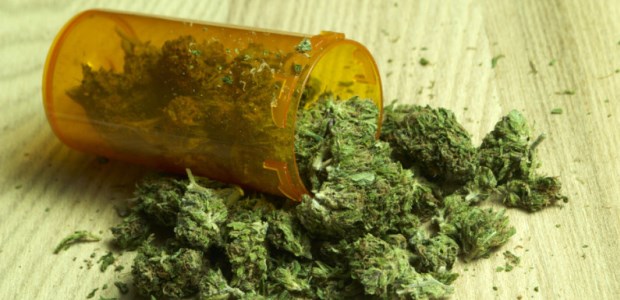
NY Listening Sessions on Legalizing Marijuana Under Way
"As we begin the process of creating a model regulated marijuana program, it is critical that we reach communities across the state in order to hear what New Yorkers have to say," Gov. Andrew M. Cuomo said.
New York's governor, Andrew M. Cuomo, announced two more listening sessions on regulated marijuana will be held, raising the total number to 17 across the state during September and October. The sessions began Sept. 24 and are scheduled to continue until Oct. 17.
"As we begin the process of creating a model regulated marijuana program, it is critical that we reach communities across the state in order to hear what New Yorkers have to say," Cuomo said. "By adding two additional listening sessions to our schedule, we can ensure that all New Yorkers who wish to have their voice heard have the opportunity to do so."
The listening sessions are being held in the evening and are open to the public, with pre-registration encouraged.
In January, the governor Cuomo commissioned a multi-agency study headed by the Department of Health to assess the impact of a regulated marijuana program in New York State. The resulting report, "Assessment of the Potential Impact of Regulated Marijuana in New York State," which was delivered to the governor in July, found that the positive impacts of a regulated marijuana market in New York State outweigh the potential negative impacts. For example, legalizing recreational marijuana in the state could reduce opioid deaths and opioid prescribing, it said, and it would create jobs and could produce from $248.1 million to $677.7 million in state and local taxes during the first year alone. But the report said evidence is mixed on whether legalizing recreational marijuana will increase traffic crashes.
After reviewing the study, Cuomo announced the creation of a Regulated Marijuana Workgroup to provide advice to the state on legislative and regulatory approaches needed to protect public health, offer consumer protection, ensure public safety, address social justice issues, and capture and invest tax revenue. The workgroup will review feedback received at the listening sessions as part of this process.